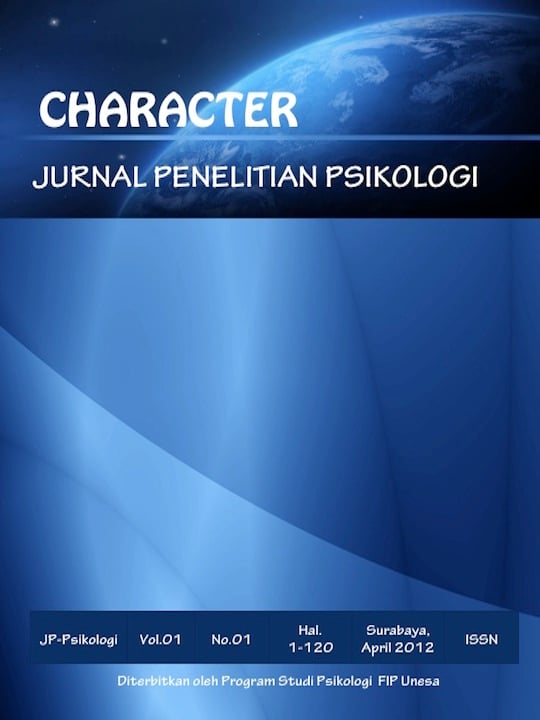The Improving Teenage Athlete Sports Motivation Through Identity Awareness Training
DOI:
https://doi.org/10.26740/cjpp.v10i1.53383Abstract
Identity awareness trainingis a self-awareness learning model through the provision of material, discussion, and completing games. The purpose of this training is to obtain a description of the application of identity awareness training to the sports motivation of young athletes, and to increase the motivation of young athletes through identity awareness training. The method used in this research is quantitative experiment. The sampling technique is saturated sampling. Data collection was carried out by distributing exercise motivation scale questionnaires. This questionnaire is presented in the form of a Google form with hypothesis testing using SPSS version 26.00 for windows. The results of this study showthe significant value in the experimental group was 0.009 so it was less than 0.05 meaning that there was a significant difference in the pretest and posttest in the experimental group. And the significant value in the control group was 0.448 so that it was greater than 0.05 meaning that there was no significant difference in the pretest and posttest in the control group. The results of the analysis above, it was concluded that identity awareness training has an influence on sports motivation.
Downloads
Downloads
Published
How to Cite
Issue
Section
License
Authors who publish in this journal agree to the following terms:
Copyright in any article is held by the author.
The author grants the journal, publication rights with the work simultaneously licensed under a Creative Commons Attribution License that allows others to share the work with an acknowledgment of the work's authorship and initial publication in this journal.
Authors may enter into separate, additional contractual arrangements for the non-exclusive distribution of the journal's published version of the work (e.g., posting it to an institutional repository or publishing it in a book), with an acknowledgment of its initial publication in this journal.
Authors are permitted and encouraged to post their work online (e.g., in an institutional repository or on their website) prior to and during the submission process, as this can lead to productive exchanges, as well as earlier and greater citation of published work.
 Abstract views: 194
,
Abstract views: 194
, PDF Downloads: 366
PDF Downloads: 366





